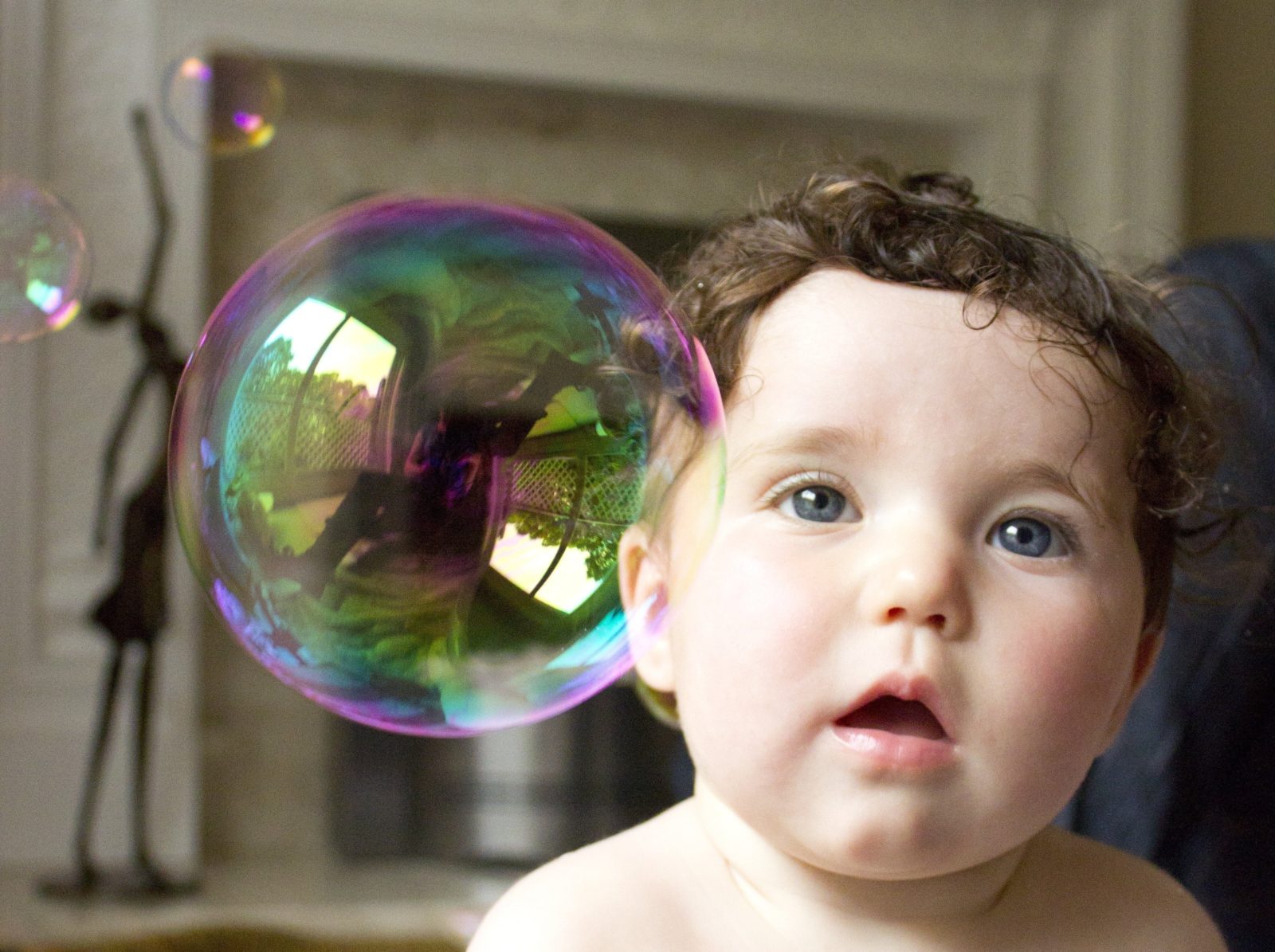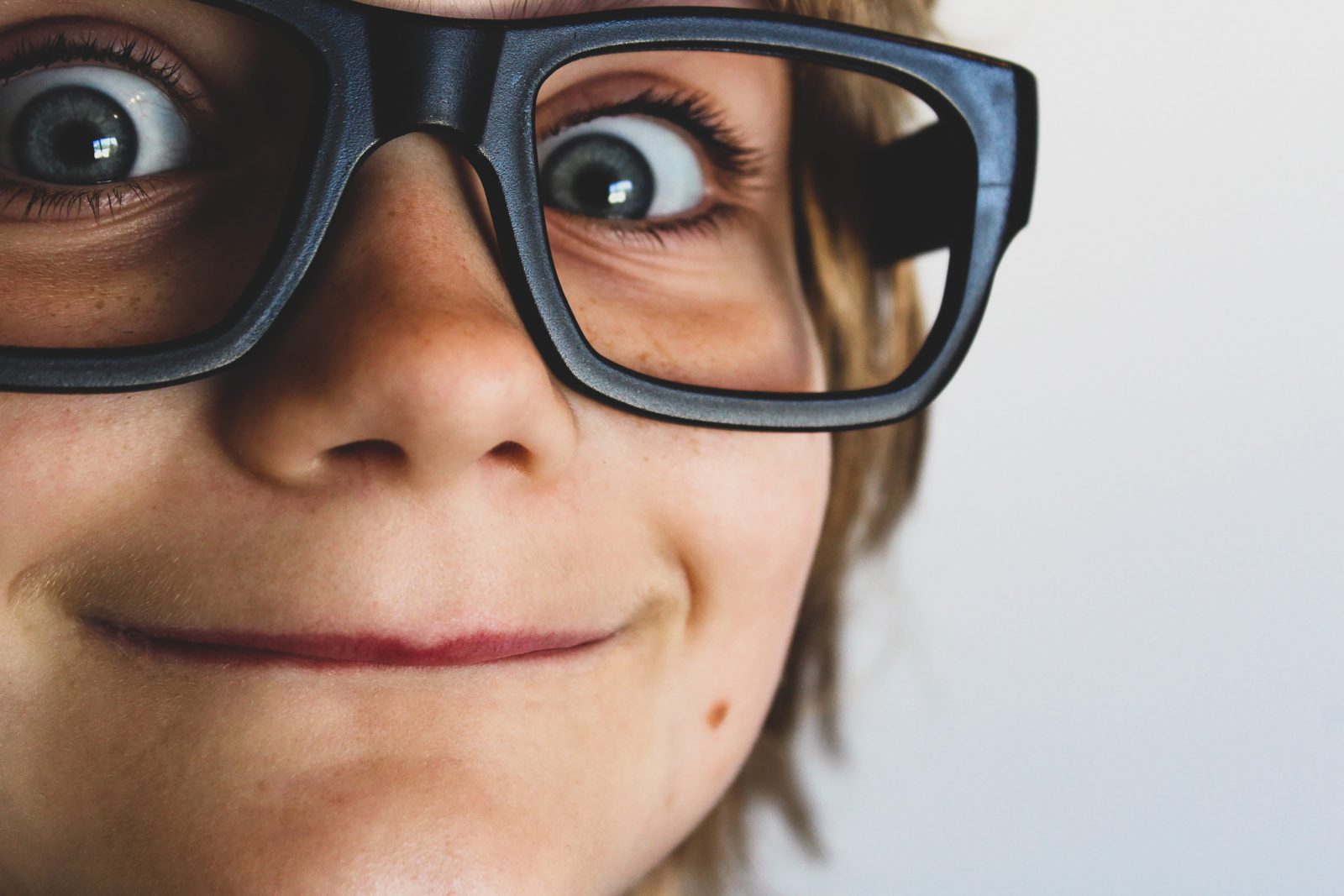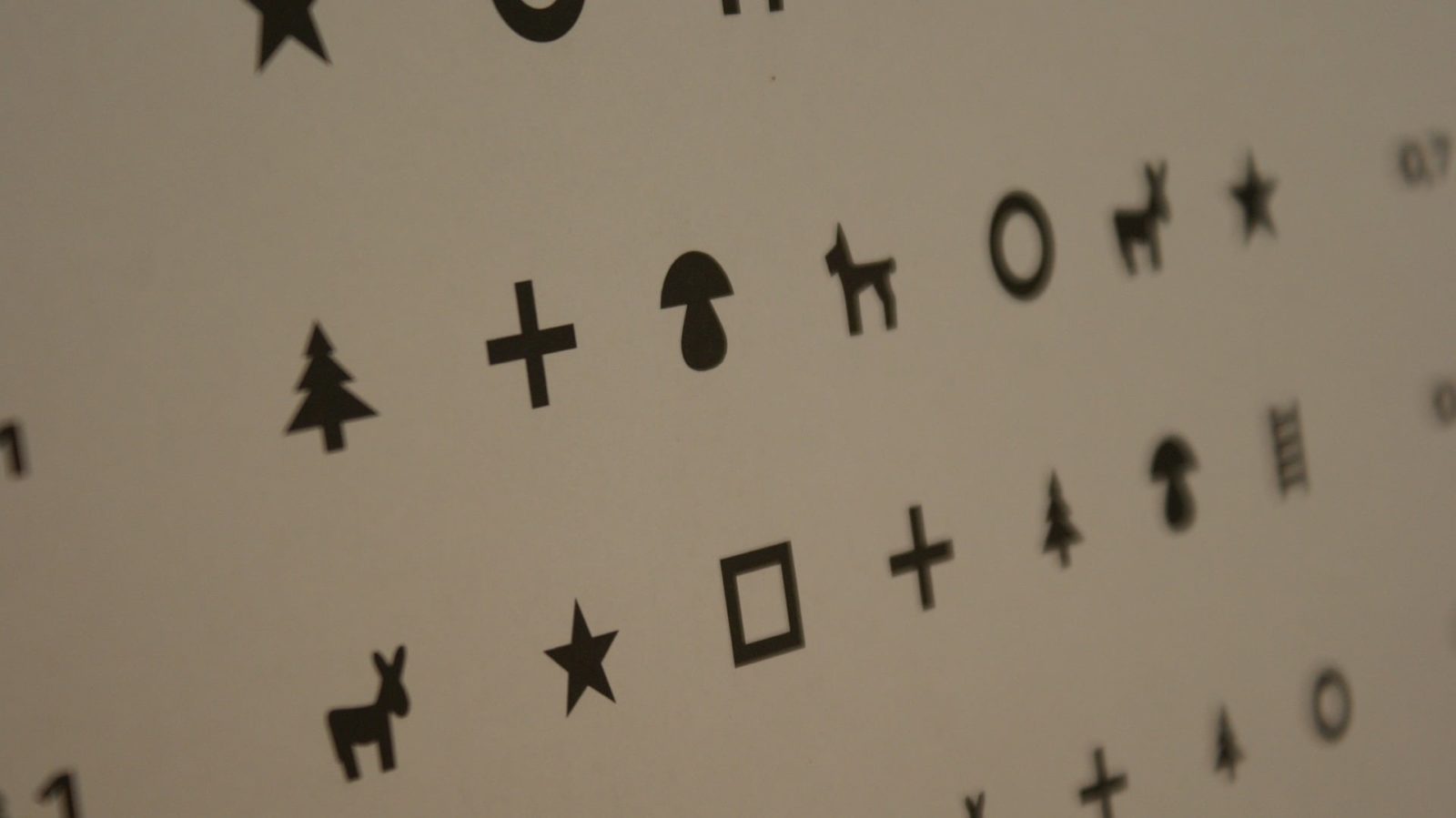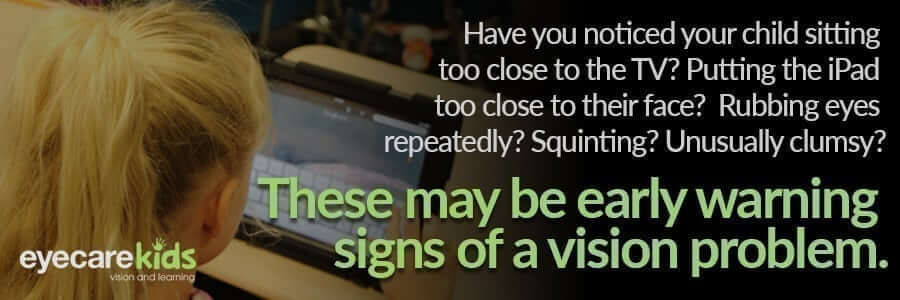Kids don’t tell us everything. They could already be experiencing vision issues we don’t know about which could affect how they learn at school.
As your optometrists, we couldn’t stress enough how regular comprehensive eye tests are critical in school-age kids, but today let’s listen to one parent whose children’s vision was helped tremendously because of a timely comprehensive eye test.
Helen is a self-employed physiotherapist and mum to 2 girls (Maria, age 10 and Michaela, age 8). Helen shares how important it is for children to get their eyes tested and the role of early detection.
1. Your child’s eye changes as they grow.

The human eye grows as the child grows. Even if the eye grows very little from birth to adulthood, changes in shape may cause errors in the focal point inside the eye.
This means that even if your child’s last eye test was normal, visual problems may be detected during their next optometrist visit. Furthermore, children face increasing demands on their visual abilities as they progress in school.
Helen recalls, “Maria’s preschool eye test was normal, but the comprehensive eye examination by her optometrist revealed her need to wear glasses while reading. This explained why she had been skipping or misreading some words and her poor attention in class.”
2. Children have no way of knowing if what they see is different from what others can see.

Kids assume everyone sees the same as they do. They won’t be able to tell if they can see things clearly or if things are blurry, unless they get an eye examination and see a difference.
Michaela was found to have astigmatism during a preschool screening when she was 4 years old.
Helen states, “Michaela never complained of not been able to see prior to this. She did gymnastics from the age of 18 months and displayed great coordination and skill for her age. She already knew her alphabet and numbers and could write her own name so it never occurred to me that she may need glasses.
“The only thing I noticed was that she would sit too close to the TV or put the book or iPad very close to her face.”
A comprehensive eye test confirmed Helen’s feeling, and more. Michaela was found to have a weak left eye.
“Her left eye was found to be worse than her right eye. Michaela not only needed to wear glasses all the time to see clearly, but she was also required to patch her right eye once per day for 1 to 2 hours to give her left eye a chance to get stronger.”
Also, during the eye exam, they found out Maria needs to wear spectacles.
“Maria used to miss words when she was reading and complained of headaches. I took her for an eye examination in which it was discovered she may need glasses for reading up close or focusing in class as she was slightly long-sighted. I too recall being long-sighted growing up and needing glasses for reading and looking at the board at school.”
3. The eyes are one of the most—if not the most—important tools for learning.

80% of learning is done through vision. Difficulty seeing the board leads to copying stuff wrong, which leads to poor academic results.
Helen shares, “If eye problems are left untreated, the child may suffer from difficulty reading, writing and learning in school. We rely on our vision for a lot of feedback about our environment, so it is very important—especially in a child—to make sure that their eyes are working properly.”
4. Early identification of a child’s vision problem can be crucial because children often are more responsive to treatment when problems are diagnosed early.

The eyes have the ability to accommodate, so a vision problem can be masked until a child undergoes a comprehensive eye exam. The vision problem reduces quite quickly, so it is important to identify any problems and correct them to make the biggest long-term improvement in the child’s vision.
If your optometrist detects problems, they may recommend spectacles, patching, eye exercises, or even a referral for eye surgery. Earlier detection and treatment lead to better outcomes.
5. If your child does need to wear glasses, it is much easier to get them to wear them from a young age.

“The girls both love doing Tae Kwon Do and are physically active girls,” states Helen. They are also gradually enjoying reading more. Michaela needs to wear glasses all the time to see clearly. Maria only needs to wear glasses to read.”
Helen shares how her optometrist helped Michaela adjust to her wearing her new spectacles:
“During the first visit, my optometrist checked Michaela’s eyes and assured me that Michaela did not require such a high prescription for her glasses, as it would be too uncomfortable and, more importantly, Michaela needed time for her eyes adjust and naturally develop.”
6. Vision screenings are not comprehensive eye exams.

This is something optometrists would like to emphasise to all parents.
Many school vision screens only test for distance visual acuity. This means a child who has “20/20” can still have a vision problem.
A comprehensive eye test will provide the full assurance of good eye health and vision which a school vision screening or a quick vision check cannot.
So we strongly believe that if you maintain a regular routine of eye examinations, you can minimise the chance of an eye or sight defect being carried into adulthood.
Helen’s message to parents out there:
“It is so easy to pick up on any vision impairments and also to get a second opinion. Every parent should get their children’s eyes tested even if they think there is nothing wrong with them. Leaving a vision impairment undiagnosed may lead to a child having severe learning difficulties, as most of us rely on our vision to learn.”
7. For your peace of mind.
 Anything that costs you your peace is too expensive.
Anything that costs you your peace is too expensive.
Helen states, “My optometrist was able to help Michaela by providing the best prescription for her glasses. The optometry staff also became responsible for monitoring Michaela’s progress by sending me gentle reminders of follow-up appointments.”
“The resources are all out there, within our reach. We parents just need to be vigilant and know how to connect with the right people to give the best healthcare for our kids. Their future depends on it.”

